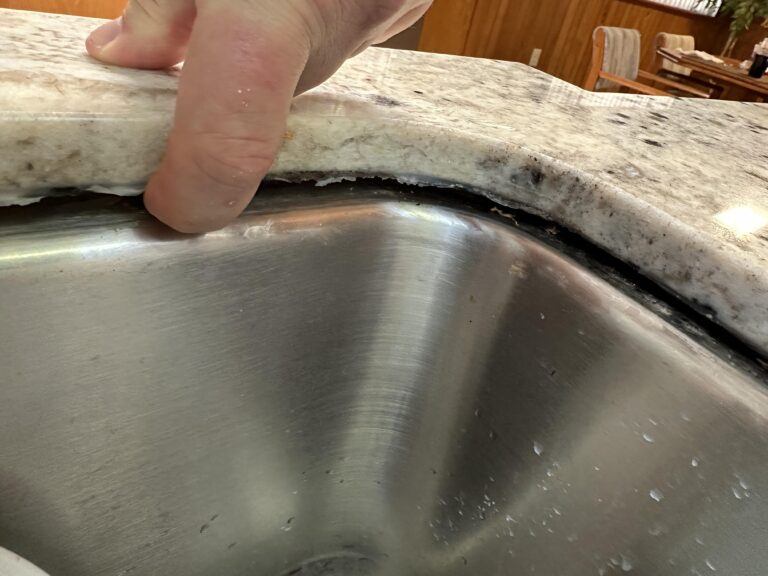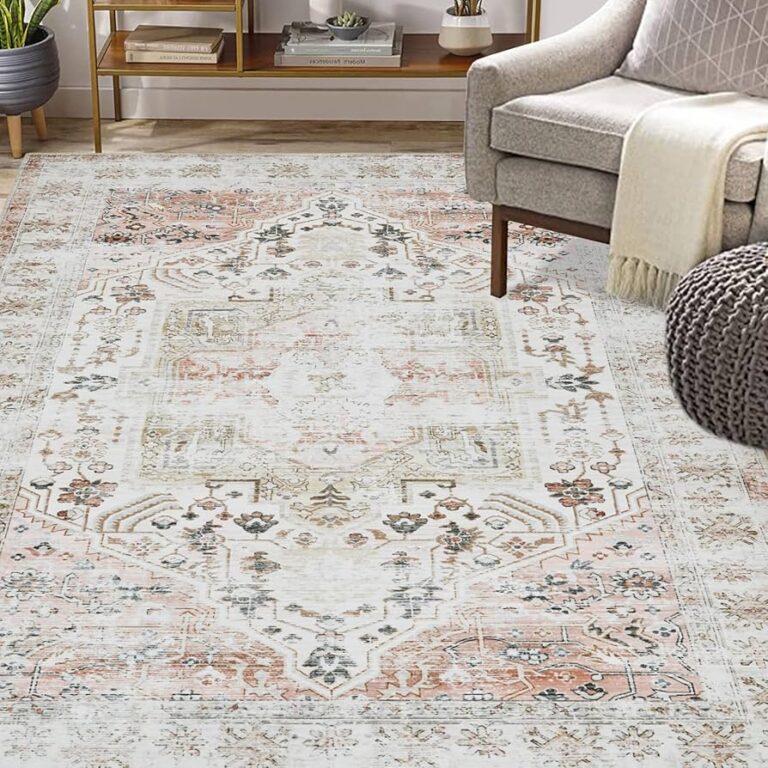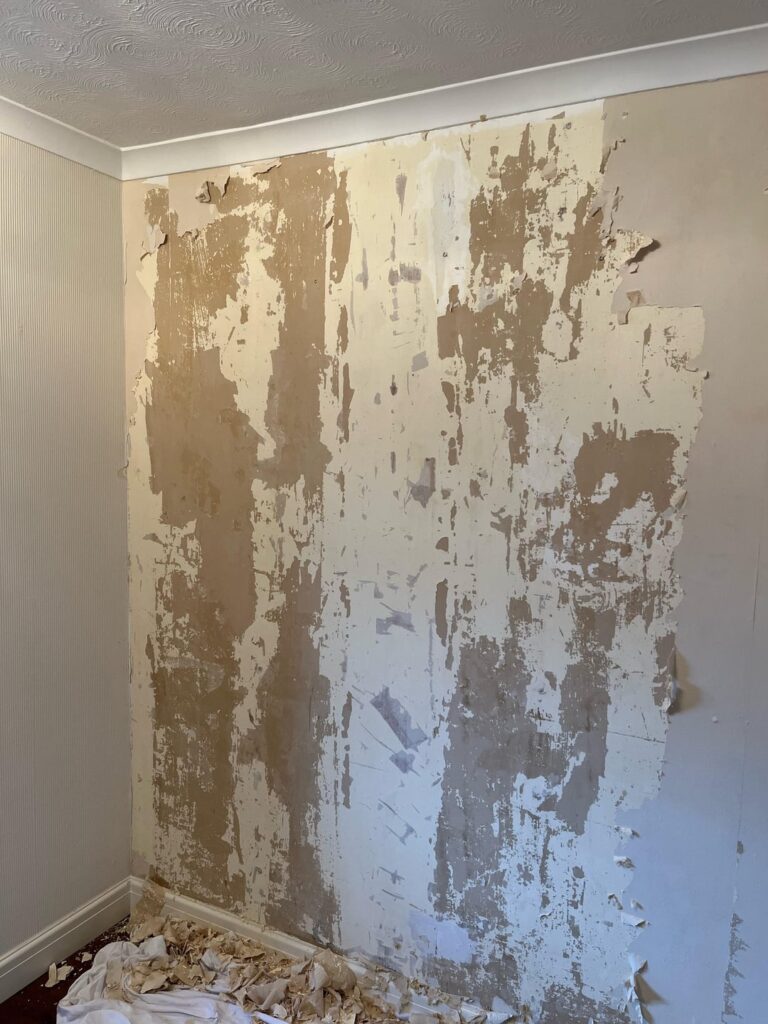Can You Use OSB for Roof Sheathing: Expert Insights and Tips
Yes, you can use OSB (Oriented Strand Board) for roof sheathing. It is a common material in roofing due to its strength and affordability.
Understanding whether OSB is suitable for your roof sheathing needs can be crucial. OSB is made from wood strands and adhesives, offering a robust and cost-effective solution. It is widely used in construction for its durability and resistance to moisture.
In this blog post, we’ll explore the advantages and disadvantages of using OSB for roof sheathing. We will also compare it to other common materials. This information will help you decide if OSB is the right choice for your roofing project. Let’s dive into the details and see if OSB meets your needs.
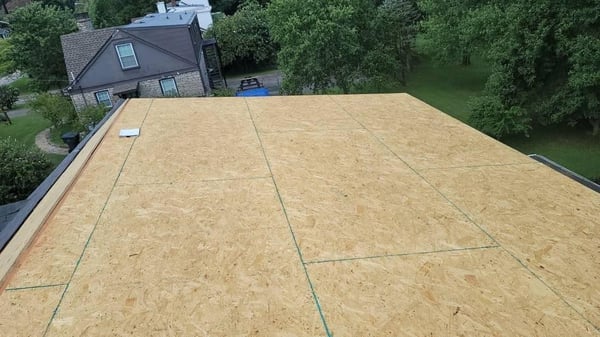
Credit: www.billraganroofing.com
Osb Vs Plywood
Choosing the right material for roof sheathing is crucial. Two popular options are OSB and plywood. Both have their pros and cons. Understanding the differences can help you make the best choice for your project.
Material Composition
OSB stands for Oriented Strand Board. It is made from wood strands and adhesives. These are compressed to form sheets. Plywood, on the other hand, consists of thin wood veneers. These veneers are glued together in layers. The grain of each layer is perpendicular to the previous one.
Performance Comparison
OSB and plywood both perform well under various conditions. OSB is known for its uniformity. It resists warping and splitting. Plywood is valued for its strength and durability. It holds nails and screws well.
OSB can be more affordable. It is often used in large projects. Plywood can handle exposure to moisture better. It may be a better choice in wet climates. Each material has its strengths, so consider your specific needs when choosing.
Benefits Of Using Osb For Roof Sheathing
Oriented Strand Board (OSB) is a popular choice for roof sheathing. It offers many benefits that make it a wise option. Let’s explore why OSB stands out.
Cost-effectiveness
OSB is known for being affordable. It costs less than plywood. This makes it a budget-friendly choice for many homeowners. You can save money without compromising quality. Builders also favor OSB for its cost-saving benefits.
Durability And Strength
OSB is strong and durable. It can handle heavy loads. This includes snow and wind. Its layers provide extra strength. This helps your roof last longer. OSB also resists warping and splitting. This ensures your roof stays intact over time.
Potential Drawbacks Of Osb
While OSB (Oriented Strand Board) is a popular choice for roof sheathing, it’s important to consider its potential drawbacks. Knowing these can help you decide if it’s the right material for your project. Let’s dive into some of the key concerns.
Moisture Sensitivity
One of the biggest issues with OSB is its sensitivity to moisture. Unlike plywood, OSB tends to swell and warp when exposed to water. If you live in a rainy area, this could be a significant problem. Have you ever left a sponge out in the rain? It soaks up water and becomes heavy and misshapen. OSB reacts similarly but doesn’t return to its original shape once dry. This can lead to uneven surfaces and potential structural issues.
| Material | Moisture Resistance |
|---|---|
| OSB | Poor |
| Plywood | Better |
Long-term Performance
Another concern with OSB is its long-term performance. Over time, OSB can deteriorate faster than plywood, especially in extreme weather conditions. Have you heard the saying, “You get what you pay for”? This applies to OSB. It may be cheaper upfront, but you might end up paying more in the long run due to maintenance and potential replacements.
- Decreases in structural integrity over time
- Increased likelihood of needing repairs
- Potential for higher long-term costs
Some homeowners have shared stories of having to replace their OSB sheathing far sooner than they anticipated. Imagine planning a relaxing weekend and instead finding yourself fixing your roof. Not ideal, right? Therefore, it’s crucial to weigh these factors before making your decision.
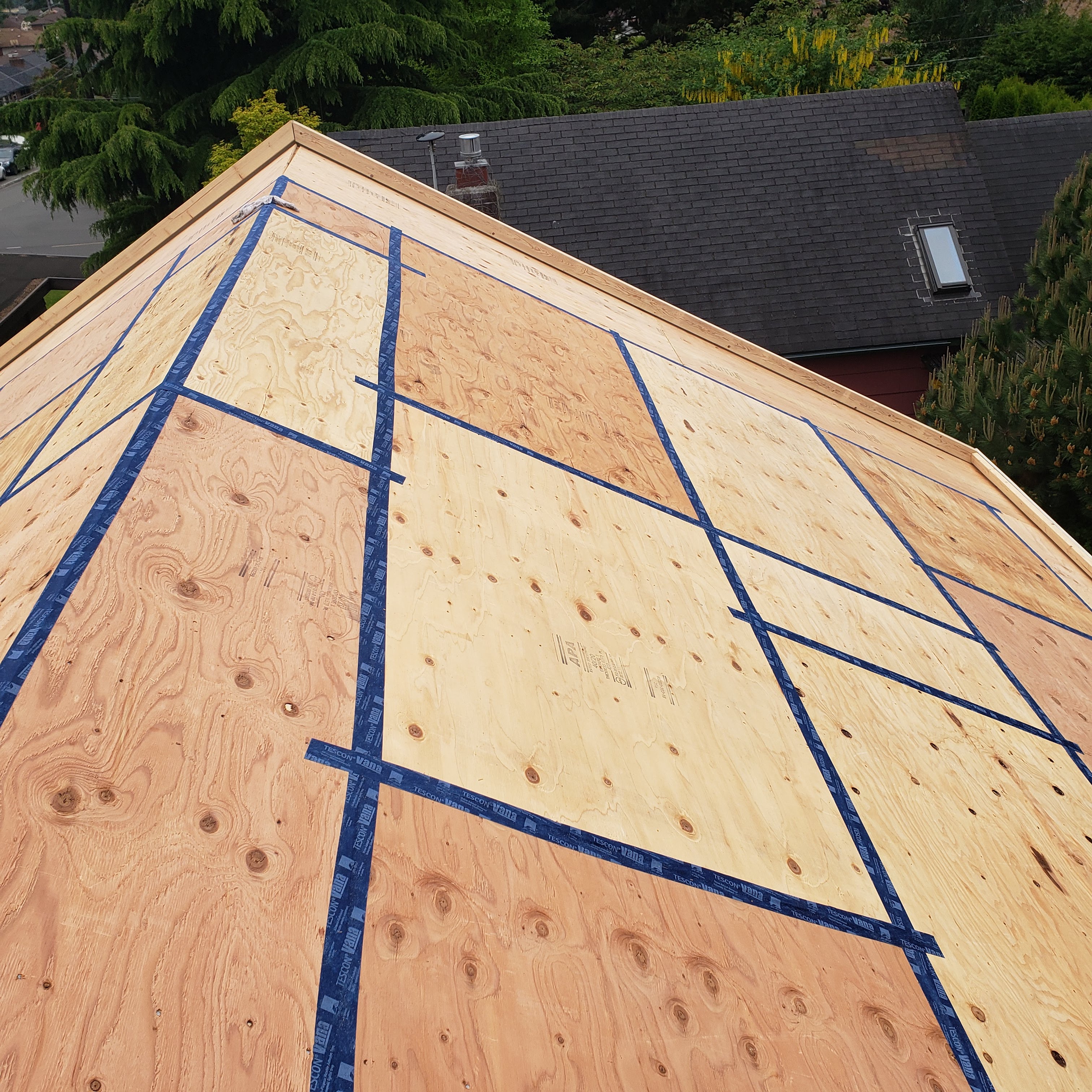
Credit: basc.pnnl.gov
Installation Tips For Osb Roof Sheathing
Installing OSB (Oriented Strand Board) for roof sheathing might seem like a straightforward task, but there are some key pointers that can make the process smoother and more efficient. Let’s dive into some essential tips to ensure your OSB roof sheathing is installed correctly and lasts for years to come.
Proper Handling
Handling OSB with care is crucial. This material can be surprisingly fragile if not managed correctly. Make sure you:
- Store OSB boards flat: Avoid warping by storing boards on a flat surface.
- Keep them dry: OSB is vulnerable to moisture. Cover your boards with a tarp if they’re outside.
- Lift with care: Always lift OSB boards from the edges to prevent damage.
Remember, a damaged board can compromise the integrity of your entire roofing project!
Correct Fastening Methods
Fastening OSB correctly ensures that your roof is stable and secure. Here are some tips:
- Use the right nails: Galvanized nails are your best bet. They resist rust and last longer.
- Follow a nailing pattern: Nails should be spaced about 6 inches apart along the edges and 12 inches in the field.
- Don’t overtighten: Overdriven nails can weaken the OSB. Drive nails in until they are flush with the surface.
Imagine if your roof was a jigsaw puzzle; each nail is a crucial piece holding it all together!
By following these tips, you can ensure that your OSB roof sheathing is installed properly, providing a sturdy and reliable base for your roof. Happy building!
Maintenance Of Osb Roof Sheathing
OSB roof sheathing is durable and cost-effective. Proper maintenance involves regular inspections for damage and moisture. Ensure adequate ventilation to prevent rot and warping.
Maintaining OSB roof sheathing is essential for its longevity. Regular care ensures your roof stays strong and durable. This section covers tips on maintaining OSB roof sheathing.Regular Inspections
Check your OSB roof sheathing twice a year. Look for any signs of damage or wear. Pay attention to areas near vents and chimneys. Water stains can indicate a leak. Early detection of problems saves money and extends the life of your roof.Preventive Measures
Keep your roof clean from debris. Leaves and branches can hold moisture. Moisture can cause the OSB to deteriorate. Trim overhanging tree branches to reduce debris. Ensure your gutters are clean and working properly. Proper ventilation also helps keep the OSB dry. By following these simple maintenance steps, your OSB roof sheathing will last longer. Regular inspections and preventive measures can protect your investment and give you peace of mind. “`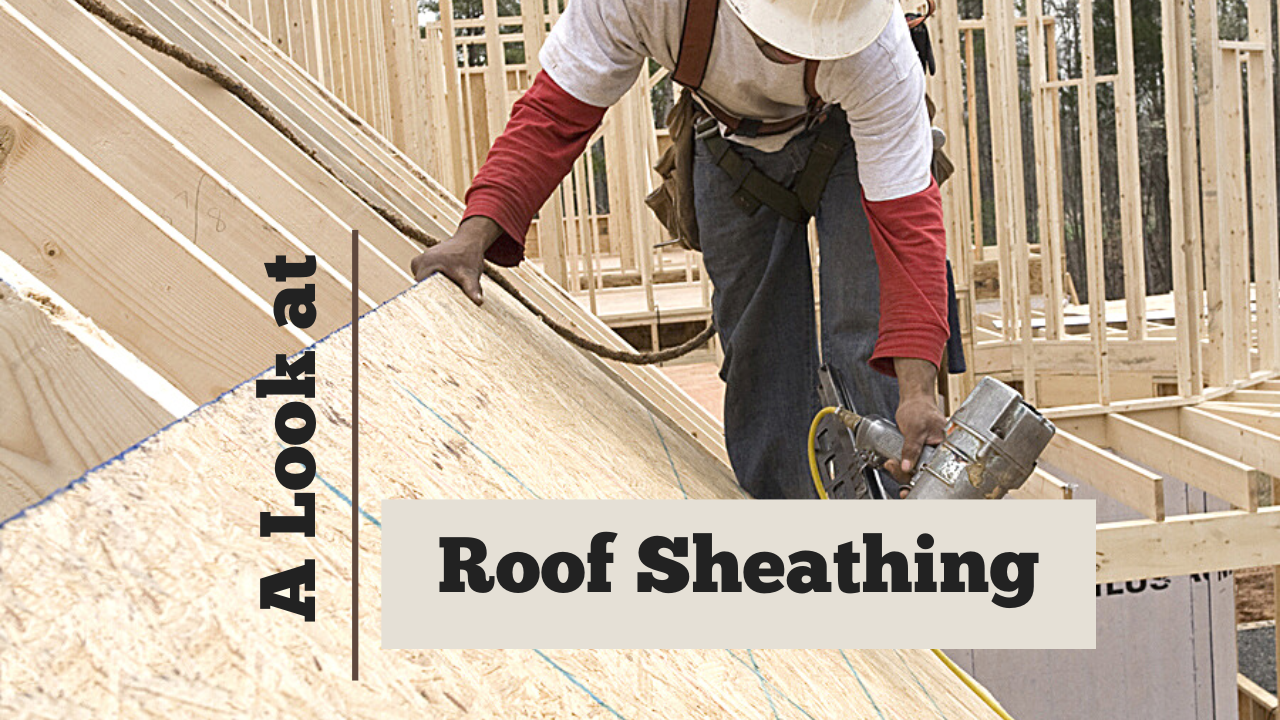
Credit: www.theplancollection.com
Expert Opinions On Osb For Roof Sheathing
Oriented Strand Board (OSB) is a popular choice for roof sheathing. It is often used in place of plywood. OSB is made from wood strands and adhesives. This makes it strong and versatile. But what do the experts say about using OSB for roof sheathing?
Builder Experiences
Many builders prefer OSB for roof sheathing. They find it cost-effective and reliable. Builders like that OSB panels are consistent in size. This makes installation easier and faster. Some builders note that OSB is more resistant to warping. This can be a big advantage in varying weather conditions.
Yet, some builders have concerns about OSB. They worry about its performance in extreme moisture. OSB can swell and lose strength if it gets too wet. Builders often recommend using high-quality underlayment. This can help protect OSB from moisture damage.
Industry Standards
Industry standards support the use of OSB for roof sheathing. The American Plywood Association (APA) certifies OSB for structural use. OSB meets the same standards as plywood. This includes strength, stiffness, and durability. Building codes in many regions accept OSB. This means it is safe and approved for roof sheathing.
Experts recommend checking local building codes. This is important before choosing OSB. Some areas have specific requirements. These may affect the suitability of OSB. Always ensure OSB panels are properly installed. This includes using the right fasteners and spacing. Proper installation helps maximize the lifespan of OSB roof sheathing.
Frequently Asked Questions
Can I Use Osb Instead Of Plywood For Roof?
Yes, you can use OSB for roofing. It is durable, cost-effective, and meets building code requirements.
Can I Use 7 16 Osb On My Roof?
Yes, you can use 7/16 OSB on your roof. Ensure it meets local building codes and manufacturer recommendations.
What Is The Best Sheathing For A Roof?
The best sheathing for a roof is plywood or oriented strand board (OSB). Both offer durability, strength, and cost-effectiveness.
What Thickness Osb Should Be Used For Roofing?
Use 7/16-inch OSB for standard roofing. For heavier loads or wider spacing, opt for 5/8-inch or 3/4-inch OSB.
Conclusion
Choosing OSB for roof sheathing can be a smart decision. It offers durability and cost-effectiveness. OSB handles moisture well, making it suitable for various climates. Easy to install, OSB saves time and labor. It provides a solid base for roofing materials.
Always consult a professional for your specific needs. Proper installation ensures long-lasting performance. Overall, OSB is a reliable choice for roof sheathing.

My name is Maria, A professional merge game player with years of experience mastering games like Merge Dragons, Merge Gardens, Merge Mansion, and more. My passion for uncovering the best strategies, solving tricky puzzles, and discovering hidden secrets led her to create MergeGameplay.com.

